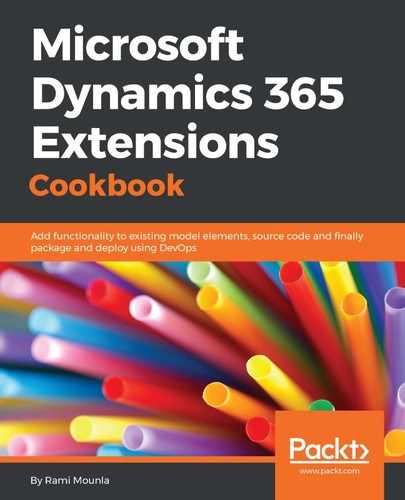Dynamics 365 was marketed as a set of modular components that can be purchased individually or as part of a plan.
At its new launch, the product offered sales, customer service, field service, project automation, marketing, and operations (previously known as Dynamics AX) modules as part of its enterprise edition. Module's business capabilities were discussed in Appendix A, Architectural Views. Additionally, a small to medium business (SMB) edition was introduced, which offers a similar bundle with less modules, limited capabilities, and a finance module instead of the operations one (previously known as Dynamics NAV).
In addition to the Dynamics module mentioned earlier, Microsoft also offers PowerApps and Flow as add-ons to the platform. PowerApps provides easy-to-build mobile extensions to the platform that integrate straight with Dynamics 365 or through the Common Data Services (CDS) using Flow (we covered integration recipes in Chapter 9, Dynamics 365 Extensions).
Looking at the bigger Microsoft ecosystem, Dynamics 365 is marked as a good candidate to integrate with Azure IoT, Cortana Intelligence, Power BI, SharePoint, and many other platforms. Vertical solutions and add-ons can also be installed from the Dynamics marketplace AppSource (also covered in Chapter 9, Dynamics 365 Extensions). The following diagram highlights the different components of an end-to-end Dynamics 365 solution:

